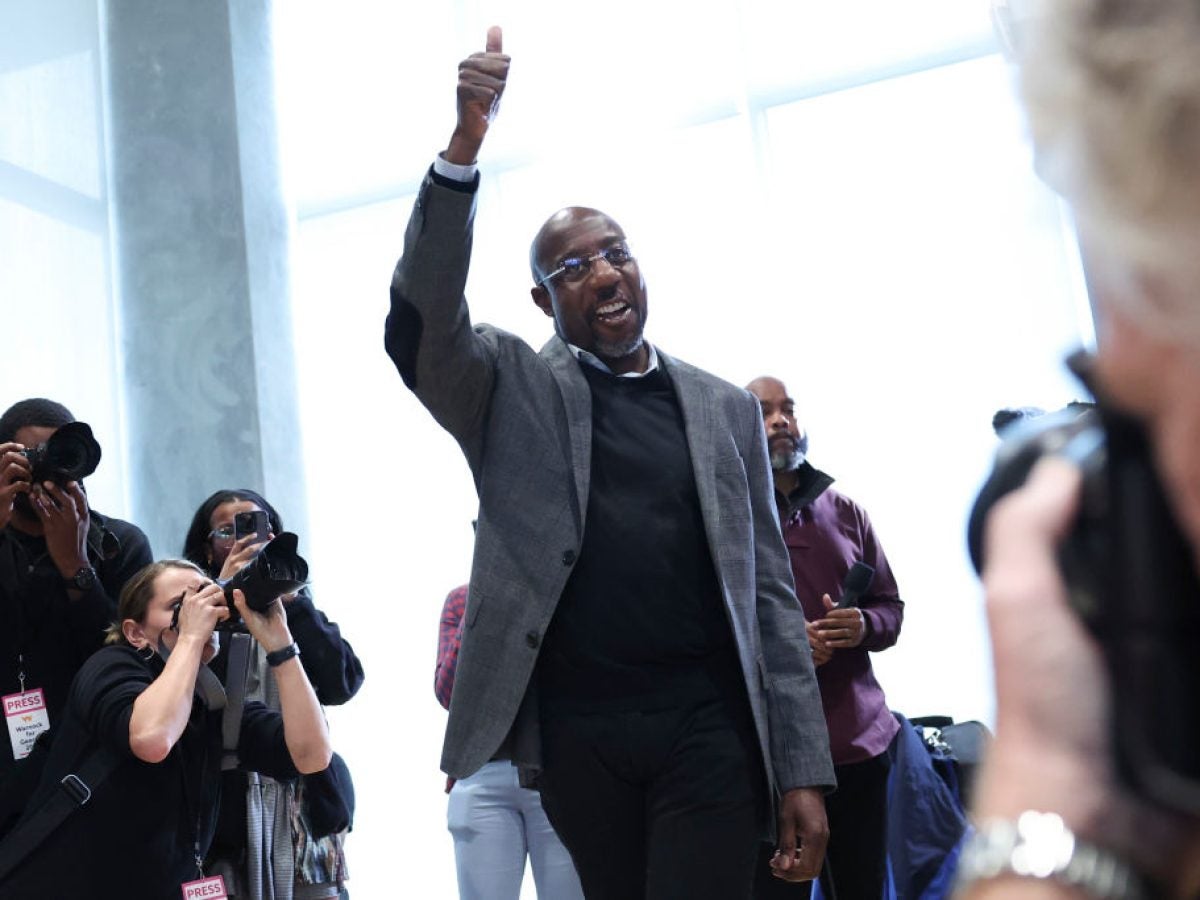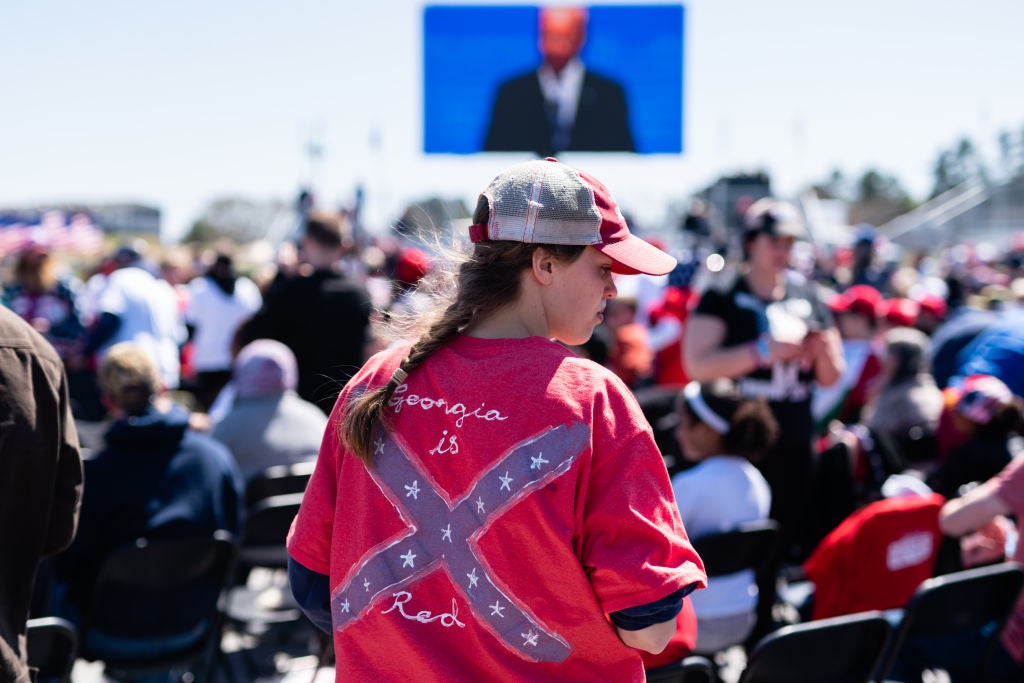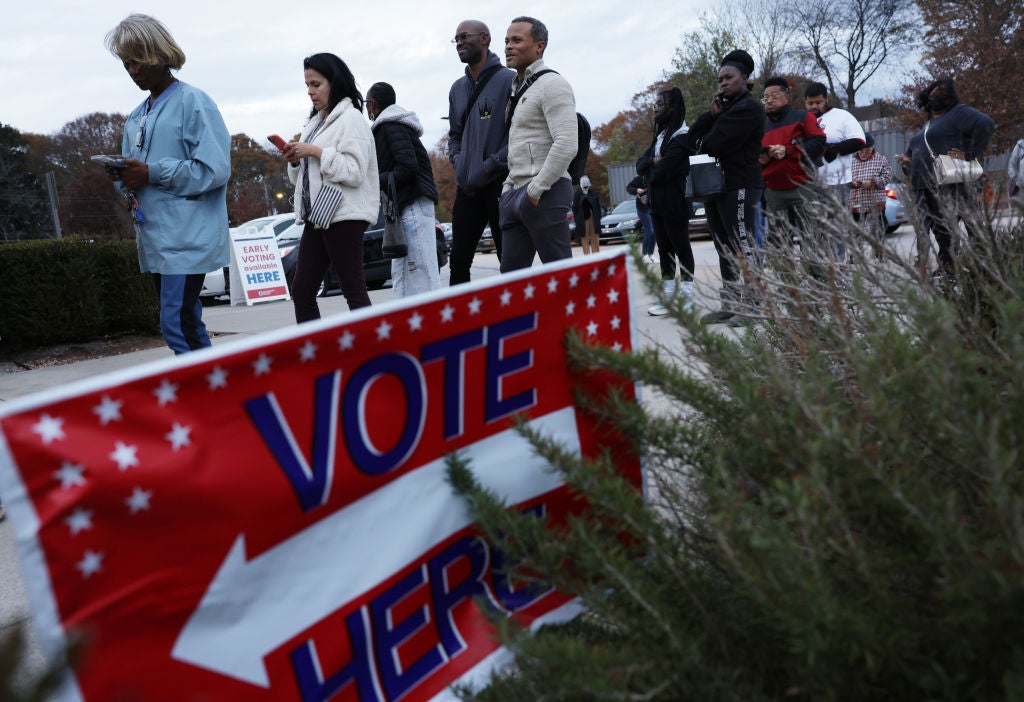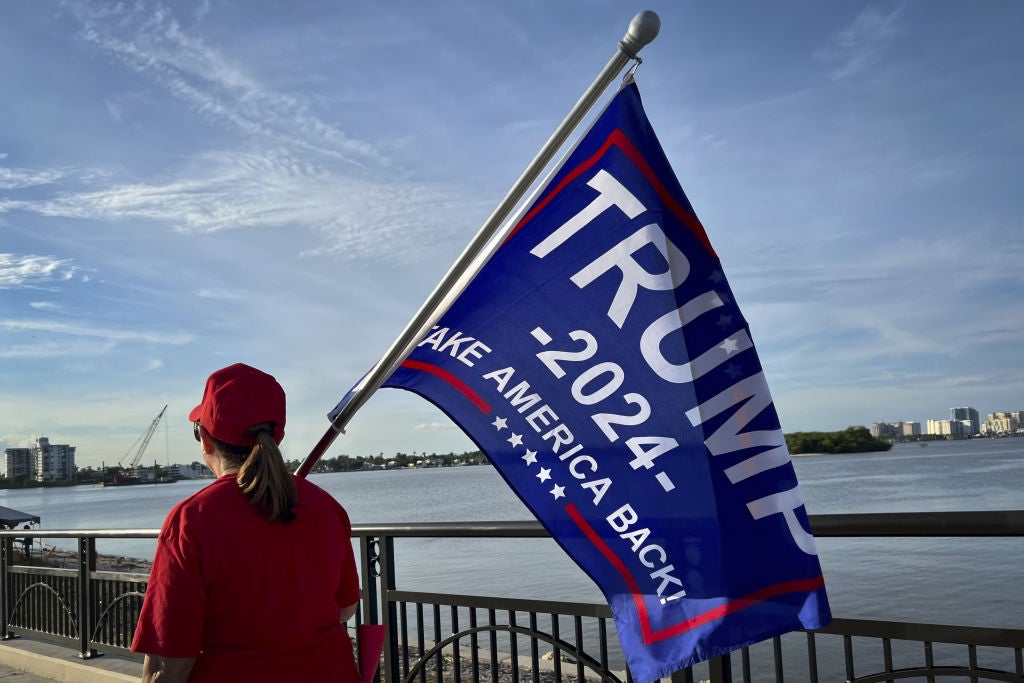
U.S. Senator Raphael Warnock has held onto his seat, securing a victory in Georgia’s closely-watched Senate race and defeating Republican challenger Herschel Walker.
Warnock started with a double digit lead thanks to early voting numbers, but it chipped away as results poured in, with both men trading leads all night in the extremely close race.
When the vote was called, Warnock received about 1,708,000 votes to Walker’s 1,670,000, with over 95% of precincts reporting, the N.Y. Times reported.
It was déjà vu for Georgians, as they headed to the polls for the second time in less than a month for the Tuesday Senate runoff election, which was “triggered after neither candidate passed the required 50% threshold in the November midterms.” Some pundits are even going so far as to claim Georgia is the next swing state.
This election marks the first time ever that the state of Georgia will have a full-term Black representative in the Senate; however, in an aberration from Issa Rae’s oft-quoted Emmy quote, in this election, we’re not rooting for everybody Black.
With Warnock holding on to his Senate seat, Democrats have a 51-49 majority and, importantly for the them, control over all of the Senate committees.
Warnock, a senior pastor at Ebenezer Baptist Church, Dr. Martin Luther King Jr.’s church in Atlanta, is the Democratic incumbent candidate who, in unusual circumstances, was last elected in January of 2021 in a special runoff election. He had essentially been on a non-stop campaign cycle since he was elected.
Walker, a former University of Georgia and NFL player, had a campaign plagued with scandals, including several domestic abuse allegations and claims that he paid for abortions for his ex-girlfriends (plural), although Walker has denied these claims and maintained his anti-abortion stance. Even worse, these rumors had been circulating on top of a myriad of rather unusual campaign stump speeches, wherein at some points Walker has engaged in long tangents, speaking about vampires and werewolves.
Here are some key takeaways from tonight’s embarrassingly close election.



















